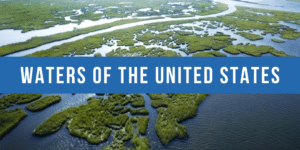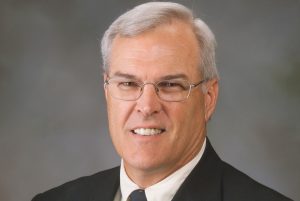World Water Day Brings Good News on Clean Water Rule (WOTUS)
On this World Water Day, AFS learned that a troubling policy rider related to the Clean Water Rule was removed from the Omnibus budget bill for Fiscal Year 2018. The rider
American Fisheries Society Family of Websites:
Read our five journals and Fisheries magazine
Find thousands of unpublished agency reports and other information
Join us in Honolulu in 2024
Find an AFS Unit near you or in your area of specialty
Learn how to communicate the effects of climate change on fisheries
Summer internships for high school students
Explore our initiatives to increase diversity in the Society and in the fisheries profession
Find fisheries science products and services
Quick answers to common questions
On this World Water Day, AFS learned that a troubling policy rider related to the Clean Water Rule was removed from the Omnibus budget bill for Fiscal Year 2018. The rider





There continues to be a concern that a policy rider in a Senate Interior, Environment, and Related Agencies Appropriations bill that exempts the repeal of





On January 22, the U.S. Supreme Court ruled that challenges to the Waters of the U.S. (WOTUS) rule must be heard in district courts rather


By Steve McMullin, AFS President President Barack Obama once famously said, “Elections have consequences.” The first year of the Trump Administration clearly demonstrates the truth





AFS is joining with other science societies to oppose the EPA’s most recent proposal to add an “effective date” to the 2015 rule. We believe


The House Science, Space and Technology’s Subcommittee on the Environment held a hearing to discuss the future of the Waters of the U.S. Rule or
The House Science, Space and Technology’s Subcommittee on the Environment is scheduled to discuss the future of the Waters of the U.S. Rule or “WOTUS”





In June, the EPA and the U.S. Army Corps of Engineers announced the proposed repeal of the 2015 Clean Water Rule in anticipation of replacing
In early 2017, the U.S. Supreme Court agreed to resolve jurisdictional wrangling over which federal court should hear challenges to the Environmental Protection Agency’s contentious
Time is running out to submit your comment to EPA and the Army Corps of Engineers on the proposed repeal of the Waters of the U.S.

